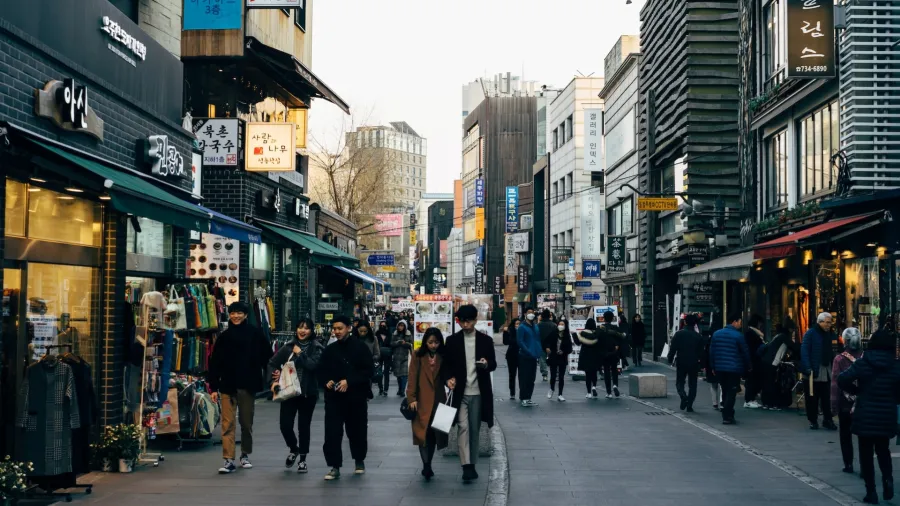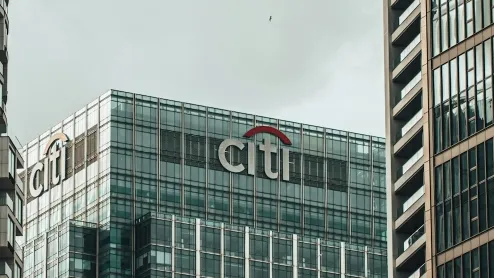
Korean banks’ total capital ratio rises to 15.76% in Q2
CET1 ratio rose 0.18ppt to 13.18% over the same period.
South Korean banks’ total capital ratio is 15.76% as of end-June, 0.13 percentage points (ppt) higher than in end-March, according to data from the Financial Supervisory Service.
Common equity Tier 1 (CET1) capital ratio-- or the ratio of a bank's core capital to its risk-weighted assets-- increased 0.18 ppt to 13.18% in Q2 compared to Q1.
Tier 1 capital ratio is also higher at 14.51%, a 0.18% ppt rise compared to Q1,
Leverage ratio increased 0.14ppt to 6.76% during the same period.
The domestic banks’ capital ratios satisfied regulatory requirements as of end-March 2024, the FSS said.



















 Advertise
Advertise











